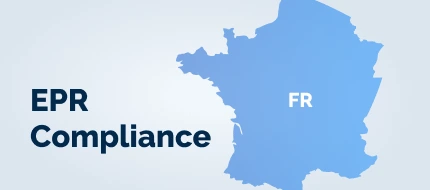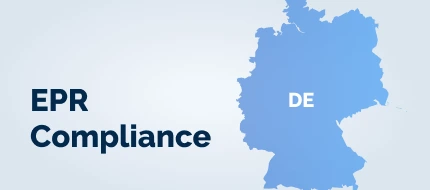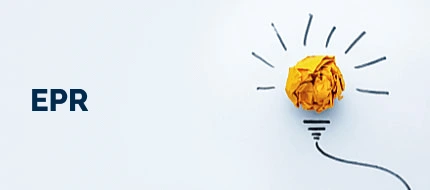
What is a Producer Responsibility Organisation (PRO)?
A Producer Responsibility Organisation (PRO) is a professional organisation that takes over the responsibilities of an obligated party subject to Extended Producer Responsibility (EPR). The PRO manages the collection and ...

How to be EPR compliant in France?
To be EPR (Extended Producer Responsibility) compliant in France, you need to register at a Producer Responsibility Organization (PRO) to obtain your Unique Identification Number(s) (UINs). After the registration, the ...

How to be EPR compliant in Germany?
To be EPR (Extended Producer Responsibility) compliant in Germany, you need to register of the relevant EPR registration authority, to obtain your EPR registration number(s). You need this EPR registration ...

What is the legal basis for EPR regulations in Germany?
From 2022, the German Packaging Act (Verpackungsgesetz or VerpackG) establishes a control obligation for online marketplaces, so that retailers who sell to end consumers in Germany must follow the guidelines ...

